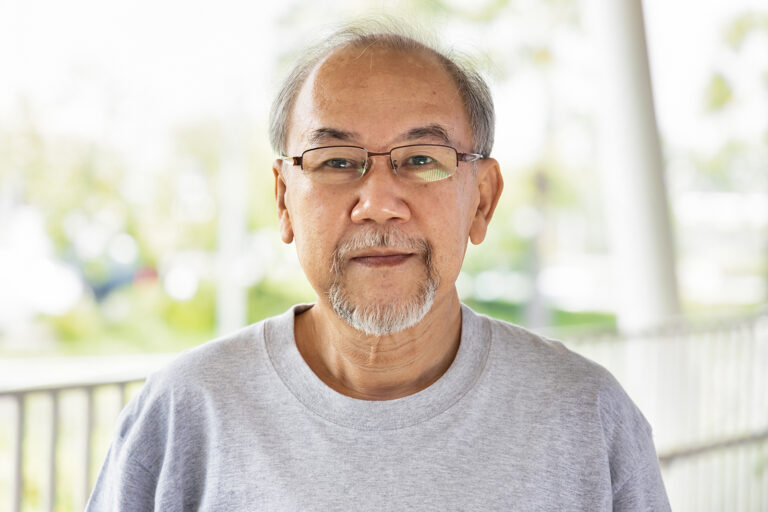Appreciation can change a day, even change a life. Your willingness to put it into words is all that is necessary.
Margaret Cousins
In this blog, we discuss the meaning of gratitude, while asking, in healthcare —what does it mean to say thank you to your clinical trial participants?
When was the last time you thanked someone?
During a study of 1,057 conversations spanning various languages, scientists determined that the presence of gratitude, namely the phrase ‘thank you’, was only expressed once in every twenty occasions.
The results led researchers to say that, ‘in informal everyday interactions across the world, the general norm is to respond to another’s cooperative behaviour without explicitly saying thank you, but by simply continuing with one’s activities’. But is this good enough?
It seems that we now take co-operation for granted, believing that everyone we encounter will always help, assist, support or simply do as we say. Throughout our day we experience deadlines, stress and personal battles. This means receiving a document from a colleague that you’d asked for earlier in the day is something you’d just be expecting, but does this mean we shouldn’t acknowledge the small act of assistance from a fellow human being?
Thank you can go a long way
To understand the gravity of gratitude, we need to take a step back and really examine what that small, two-syllable phrase can mean to people. ‘Thank you’ puts us in a position of dependence on someone else, though we can often allow this to happen anyway without recognising it. We very rarely like to be in a position where we are made aware of that dependence. Yet without recognising it, we go through our day indebted to numerous people, to varying degrees, simply performing tasks or kind gestures because it collectively furthers and improves each other’s day.
What effect can it have?
The science of ‘thank you’ is well established, and the psychology of gratitude shows how a seemingly simple and common emotion can significantly change peoples’ lives when expressed and effectively communicated. It doesn’t take heaps of empirical evidence to prove this. Simply thinking about the feelings and emotions you associate with gratitude are enough to note the power of the phrase ‘thank you’.
Often, ‘thank you’ can induce feelings of joy, happiness, and contentment. Ultimately, it draws attention to your efforts and how you have interacted with someone who understands and is aware and appreciative of you.
Gratitude and clinical research
So, what does this mean in the healthcare industry, predominantly for clinical trials? If we consider how much a person gives to a clinical trial, not only have they have dedicated a significant amount of time, but they have also dedicated themselves. We must remember that a key motivator for participants in clinical trials is the knowledge that they are improving our understanding of diseases, and helping others like them.
That deserves gratitude.
Amongst the large demographic of those participating in clinical research, ‘thank you’ draws attention to an individual participant, living their own life, facing individual battles. Whether it be through gifts, special thank you cards or saying it directly to the participant, gratitude lets a patient know what their time meant to the study team, while also making them feel like they’ve made a large-scale impact within the healthcare landscape. For this reason, a simple ‘thank you’ may prove to be one of the most human things we can give to another person.
Thank you for reading!









